Description
“Being and Nothingness” is Jean-Paul Sartre’s foundational work on existential philosophy, in which he investigates human existence, consciousness, and freedom. Sartre explores the concept of “being,” distinguishing between “being-for-itself” (conscious beings like humans) and “being-in-itself” (objects). The book delves into the experience of “nothingness,” emphasizing the role of choice and individual freedom in shaping one’s existence. Sartre argues that humans are condemned to be free, bearing the responsibility for their actions and the meaning they create in an otherwise indifferent world. The work challenges traditional ideas of identity, responsibility, and self-actualization, making it a cornerstone of existentialist thought.

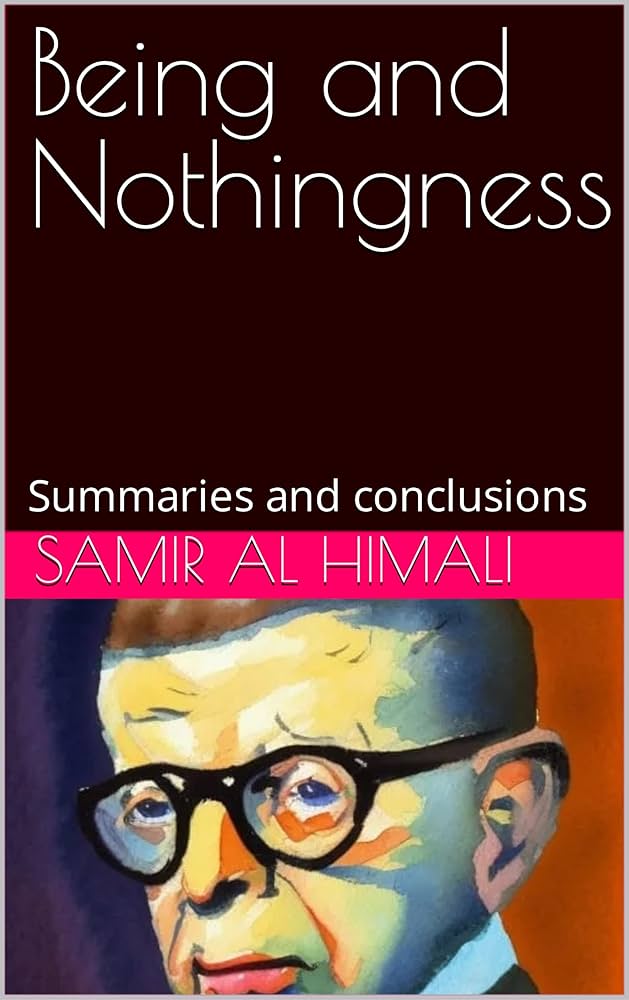
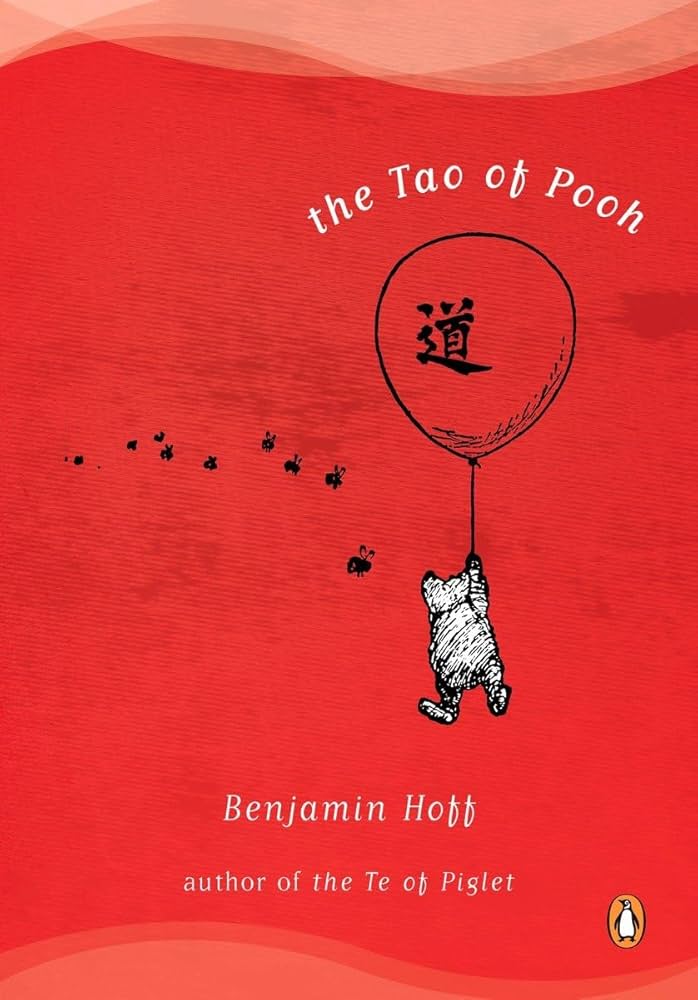
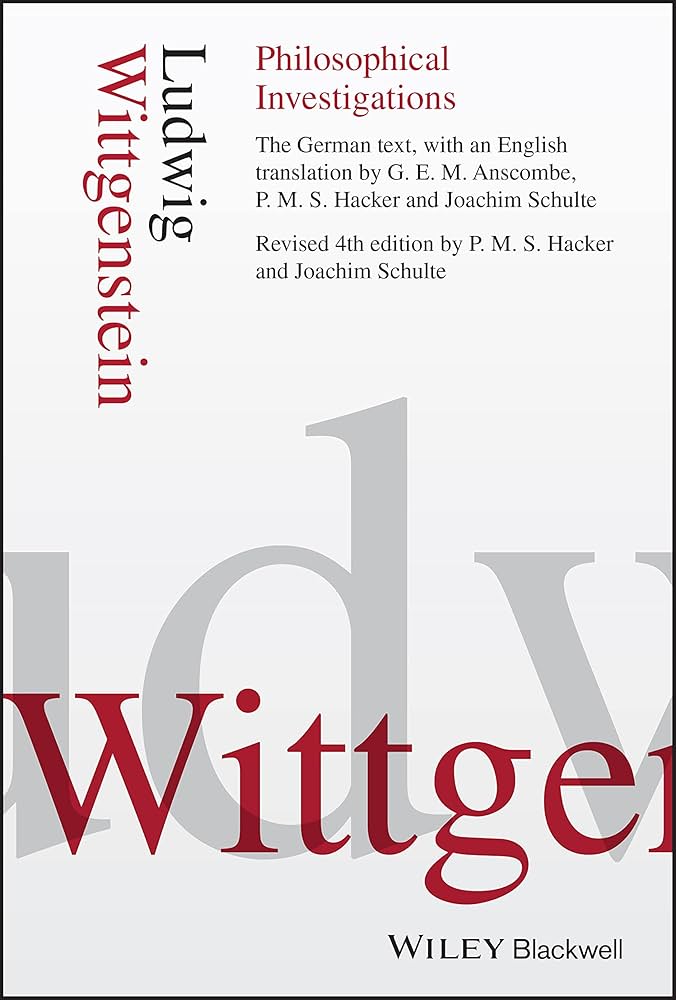
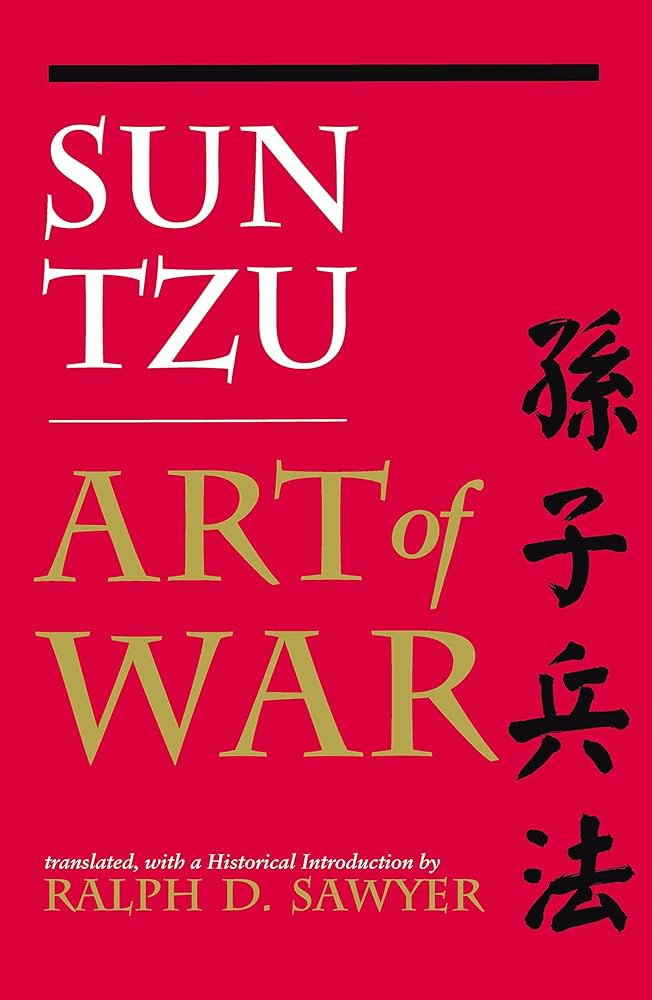
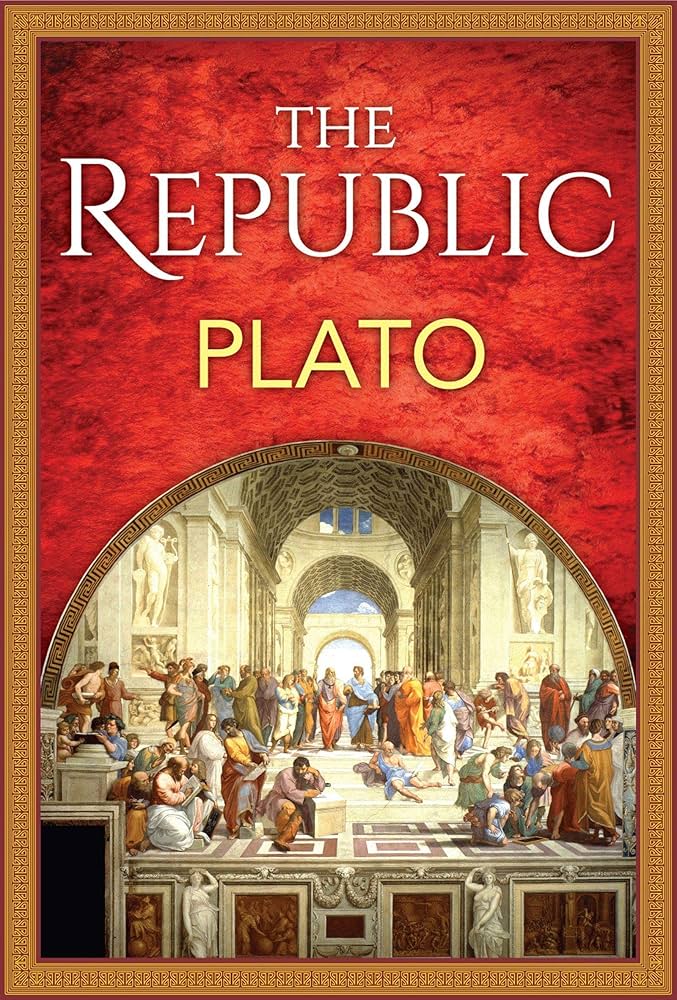

Bukar –
“Sartre’s “Being and Nothingness” is a challenging but ultimately rewarding read. The ebook format made navigating this dense philosophical work surprisingly manageable. Sartre’s exploration of freedom, consciousness, and responsibility is thought-provoking and has deeply impacted my understanding of the human condition. It’s a solo journey through complex ideas, but well worth the effort for anyone seeking a deeper understanding of existentialism.”
Laraba –
“Sartre’s “Being and Nothingness” is a challenging but ultimately rewarding read for anyone interested in existential philosophy. It forces you to confront fundamental questions about your own existence, freedom, and the meaning you create for yourself. Sartre’s insights into consciousness and responsibility are profound and thought-provoking, making this a book I’ll be pondering for a long time. It’s a dense text, but the effort is well worth it for the intellectual stimulation and deeper understanding of what it means to be human.”
Rukayat –
“Sartre’s “Being and Nothingness” is a challenging but ultimately rewarding read. It’s a deep dive into the human condition, forcing you to confront uncomfortable truths about freedom, responsibility, and the lack of inherent meaning in existence. While dense, it offers profound insights into self-awareness and the power of choice. This ebook has really made me think deeply about my own life and the choices I make every day.”
Itoro –
“This ebook edition of “Being and Nothingness” is excellent! Sartre’s dense but rewarding exploration of existentialism is presented in a clear and accessible format, making a challenging text surprisingly manageable. I appreciated the way the ebook allowed me to easily navigate between sections as I wrestled with Sartre’s profound ideas about freedom and responsibility. A truly thought-provoking read that has fundamentally altered my understanding of self and consciousness.”